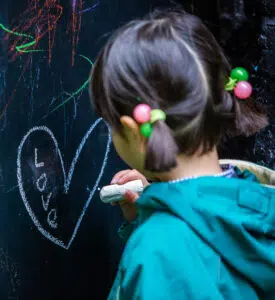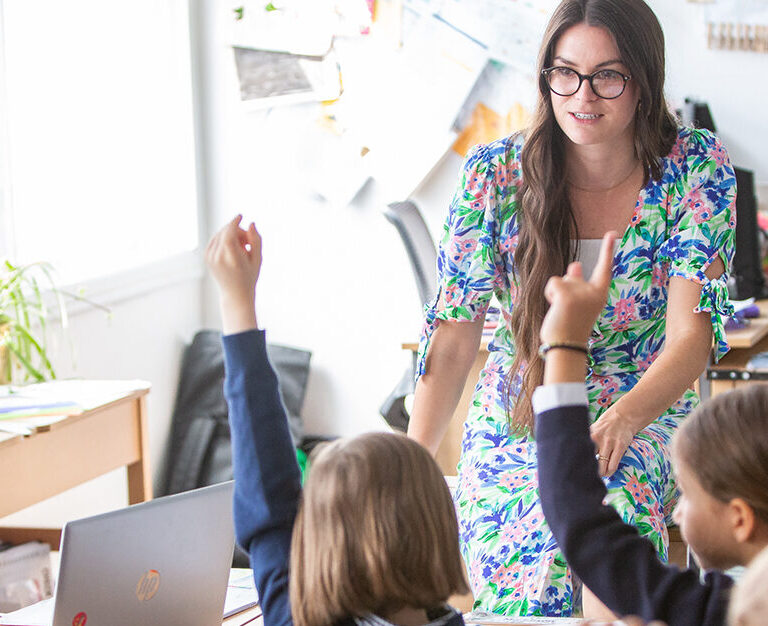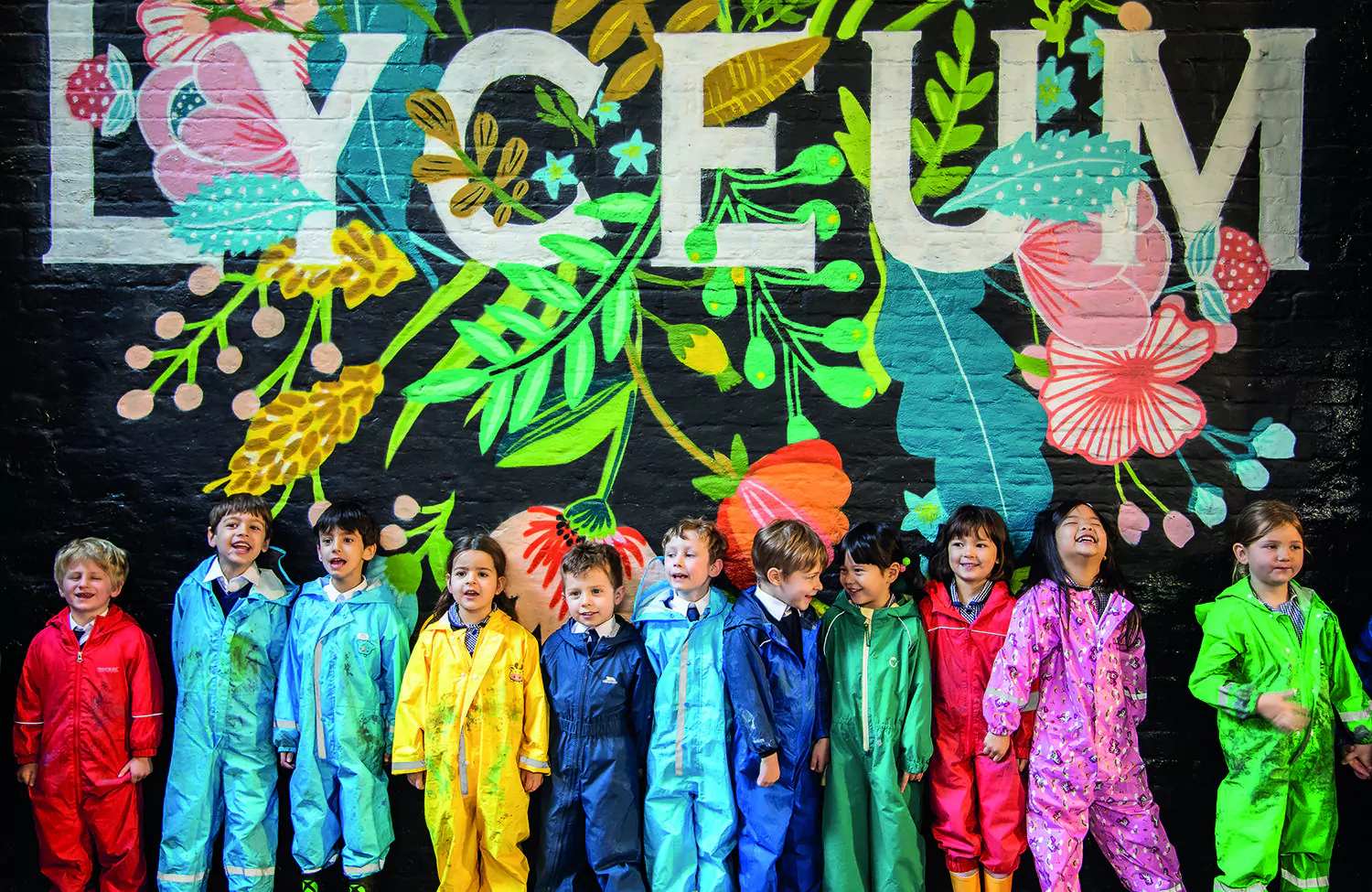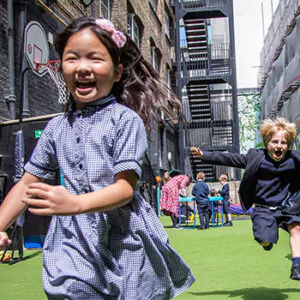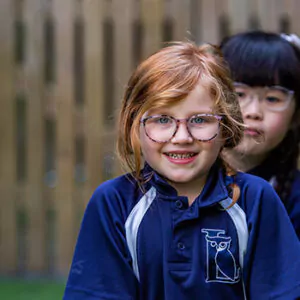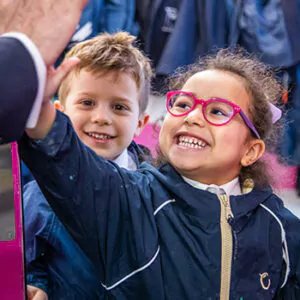At The Lyceum, we aim to instil a love for language learning and an appreciation for diverse cultures. Pupils engage with the Spanish language through interactive activities, games and songs, focusing on developing their speaking, listening, reading and writing skills.
The primary goal of the Spanish program at The Lyceum is to ensure that pupils develop a solid foundation in a language they can build upon in the future. To facilitate this, main oral and written instructions are given in Spanish, allowing pupils to immerse themselves in the language.
An additional objective is to expose pupils to Hispanic culture – pupils enjoy participating in activities related to broadening their knowledge about Spain and Spanish-speaking countries.
Reception, Year 1 and Year 2 focus on basic topics such as numbers, colours, days of the week, months of the year, family, parts of the body, animals… etc. to build a vocabulary foundation for future years.
In Years 3 and 4, the focus is on more complex thematic topics such as greetings, classroom vocabulary and personal items, clothing vocabulary and being able to say what clothes are worn. The pupils also study basic Spanish grammar including definite and indefinite articles, gender and number agreement, personal pronouns and the present tense of the verbs ‘to be’, ‘to have’, ‘to go’ and ‘to wear’.
In Years 5 and 6, pupils revisit the grammar concepts previously learned while also studying the present tense of verbs such as ‘to live’, ‘to eat’, ‘to practise’, ‘to read’, and ‘to play’, among others. They learn descriptive adjectives and develop the ability to describe themselves and their peers. They learn how to say ‘I like/I don’t like’, ‘There is/are’ and ‘There isn’t/aren’t’. These grammar concepts are integrated into the curriculum through thematic topics, including everyday conversations, food, travel, school, transport, sports, jobs, and cultural traditions to name a few. This approach enhances their language acquisition while fostering cultural awareness.
Regular opportunities for collaborative learning, including group projects, presentations, and role-play activities (e.g. performing a comic strip), encourage pupils to practise their language skills in meaningful contexts.
To enrich their learning experience, pupils in Years 4, 5, and 6 have pen pals in a school in Spain, allowing them to communicate with native speakers and develop their language skills further. In Year 6, pupils have the exciting opportunity to visit Spain, where they can practise what they have learned in a real-world setting.
